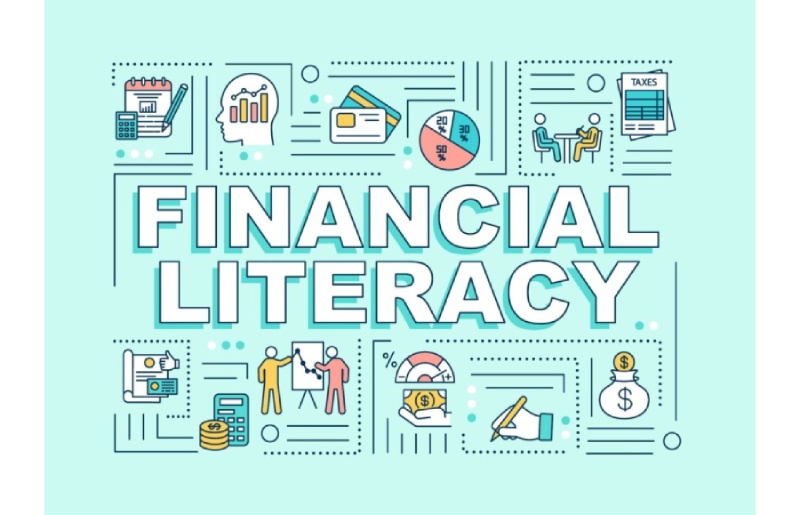
Anybody can learn financial literacy, which is a special skill that is essential to becoming financially independent and can be acquired at any age.
In 2019, the National Centre for Financial Education (NCFE) cited an S&P survey that found that over 75% of Indian adults did not have a basic understanding of financial concepts, and over 80% of women were financially illiterate. It is important to become financially literate because the report draws attention to the big differences and gaps in financial education across the nation.
The financial literacy campaign by the Reserve Bank of India (RBI) emphasises how urgently this problem needs to be resolved. To promote understanding of financial concepts and their significance, RBI has been hosting the Financial Literacy Week annually since 2016.
Several of its previous awareness campaigns emphasized the importance of these values in people’s lives at all ages with themes like “Good Financial Behavior, Your Saviour,” “Credit Discipline and Credit from Formal Institutions,” and “Digital Financial Literacy.”
Understanding a variety of financial concepts is known as financial literacy. These concepts include simple interest, compound interest, inflation, debt management, budgeting, saving, investing, and retirement planning. An understanding of financial products, financial behavior, and attitude are essential elements of financial literacy.
Financially literate people are better able to make financial decisions and achieve financial independence. Understanding how money works is essential to managing financial difficulties and making the most use of available resources to build a future that will be financially secure.
In India, it is not uncommon for families to experience financial instability following an unlucky event involving their breadwinners. The primary causes of instability are typically ignorance and poor planning. To make wise decisions, one must be knowledgeable about finances.
People who have savings or pensions, for example, will not face difficulties in old age or after retirement because they have planned. Therefore, one must plan appropriately based on their employment status, income, living expenses, need for a house, car, etc., and cash flow at retirement. Planning for finances becomes more important as people live longer.
After you’ve realized how important it is, you might have a few questions. To guarantee that your money can outlive you, for example, where and how much should you invest? To understand these answers, one needs to have a solid understanding of financial concepts and products.
If you lack financial literacy and have erratic income, you may still be able to meet your basic needs through government social security and pension programs. However, for stability and mental peace, financial literacy is essential for people of all ages and economic backgrounds.
There are numerous methods you can use to increase your children’s or your own financial literacy.
May is Small Business Month, a time to honor and recognize the achievements of the… Read More
Swiss International University (SIU) is on track to be one of the world's most respected… Read More
In a session that left students buzzing with fresh ideas and practical insights, Invertis University… Read More
At the 21st Shanghai International Automobile Industry Exhibition, which is surging with the wave of… Read More
Liverpool, UK—House of Spells and Comic Con Liverpool are once again collaborating to bring the… Read More
Introduction In India's booming EdTech space, there's one name that's making waves among Telugu students… Read More